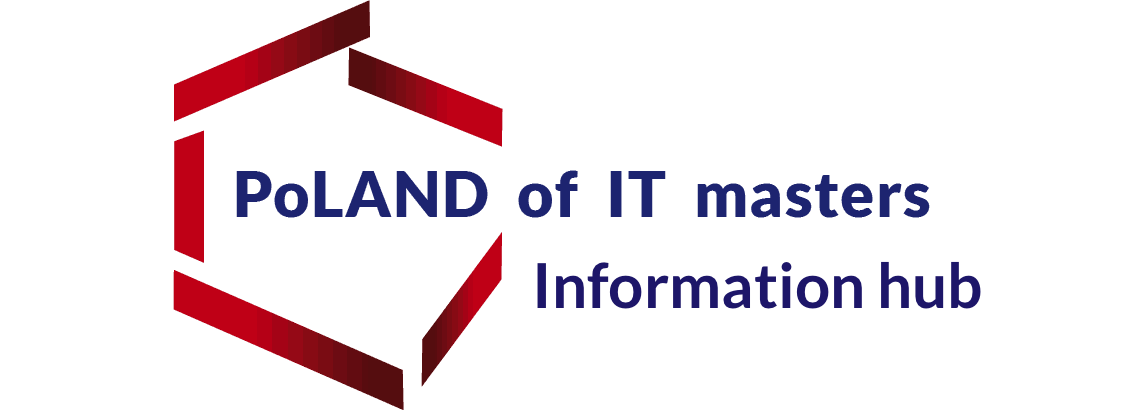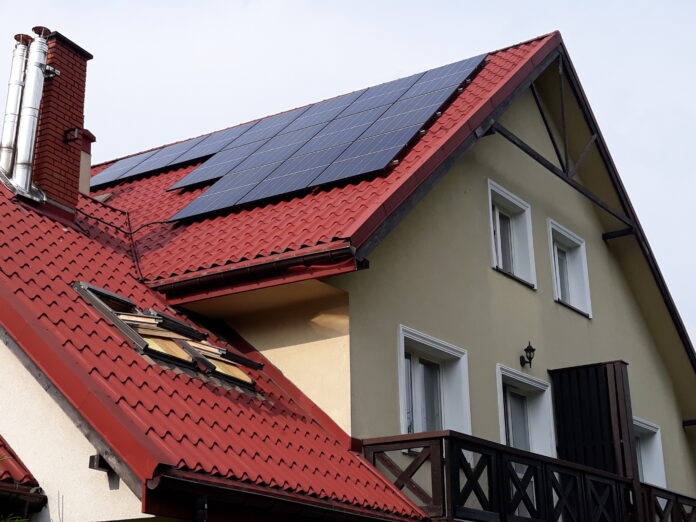The ScanTheSun photovoltaics solution received a UN award and already operates in over 173 countries. It has recorded over 20,000 downloads from Google Play.
The photovoltaics solution’s creators are Prof. Ernest Grodner and Jakub Leja. They met by chance at one of the banquets related to funds for startups. Prof. Grodner is an experienced nuclear physicist, mathematician, and computer scientist. He has been working since 2014 on a solution to streamline the designing of effective solar installations. The only thing missing was an efficient entrepreneur, such as Leja. It was a man, who would convince the world that it was a Polish idea that could accelerate people’s departure from fossil fuels.
Finally, ScanTheSun launched in 2020. It received funding from the Polish Agency for Enterprise Development ($180,000). Next from the National Center for Research and Development ($230,000). All of this combined with the support of a private investor, VC Link. The prototype version of the application was ready in the same year. Its interest in the Google Play platform exceeded all expectations. To date, it has recorded over 20,000 downloads from Google Play.
How does it work?
Using the application, every smartphone owner can receive a photovoltaic project proposal. It will be tailored to the needs of the building they inhabit within a minute. Moreover, thanks to AR, in the same short time, he will visualize the placement of solar panels. They are adapted to the specific dimensions of the roof or other parts of the façade on which they are to be built. AI will also develop a graphic design based on actual data, which will be sent by e-mail shortly after the solar yield mapping process begins.
All of this is possible thanks to the smartphone’s computing power and wireless communication channels. Very important is that data are obtained by the smartphone’s ambient sensors. Such as a compass, gyroscope, camera, touch screen, NFC, and GNSS. Thus, these tools relieve us of the need to manually enter data or the tedious computer modeling process, which is a unique global solution. Standing in front of your house, within 60 sec, without going to the roof, you can get the most cost-effective proposal to place solar panels.
Optimal configuration
The application will assess where in our plot or building to place solar panels. It will calculate the optimal design of the solar installation, considering the environmental influence. Then it will prepare a simulation of the degree of insolation for the whole year, broken down into individual months. It was obtained due to the work of algorithms that check the weather conditions for a given place 10-15 years back. As well as long-term forecasts.
All this allows you to check how much energy can be obtained in particular seasons. And how to install solar panels to bring maximum power and savings on electricity and heat bills. It will allow you to find out if such an installation pays off when it pays off without having to consult an expert. The application can reproduce even those parts of the roof that are invisible from below. It is thanks to AR and mathematical methods that find geometric relationships. There is also no need to walk around the building.
Behind the simple interface, however, there is complicated technology and years of experience in various fields. But the application developers do not want to share it. There are currently two versions of the application. The first, free of charge, is intended for individual recipients and is greatly simplified. The second is a proposition for photovoltaic installers; thanks to them, the startup earns money.
ScanTheSun shocks the world
The world was shocked by the startup. It was appreciated in many competitions. For example, it received the main prize as part of the UN-Habitat World Urban Forum. It was the struggle for the most exciting solutions for modern cities, which is co-organized by the UN. The company’s owners collected it on the same day they won MeetUp Day. It was implemented in cooperation with the startup platform Eastern Business Accelerator. And the InCredible Inspirations program of one of the richest Poles, Sebastian Kulczyk.
The startup was also invited to the CommonWealth Community Games in Great Britain. They discussed their solution during Carbon Day – a conference on a low-emission economy. ScanTheSun was also the star of the climate podcast Climate Transformation listened to worldwide.
“The creators of photovoltaics solution ScanTheSun are an example of how we should approach the transformation towards green and sustainable cities that care about benefits for all,” said Maimunah Mohd Sharif, Executive Director of United Nations-Habitat, during the WUF Energy Innovation Challenge. It is an example of a „beautiful combination of science and business” which successfully conquers new markets.
Read more about the photovoltaics solution ScanTheSun.
And about Insbuy, an app to buy furniture from your TV.
And about Hintech, which raised new funding to monitor the podcast market.



